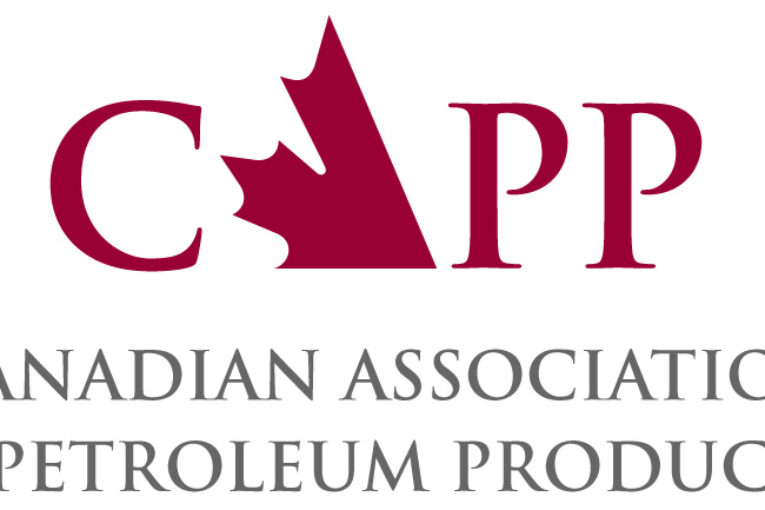
[ad_1]
CALGARY, AB – The Canadian Association of Petroleum Producers (CAPP) has released a new report, Indigenous Engagement and ESG, its second in a series outlining environment, social and governance (ESG) performance in Canada’s upstream natural gas and oil industry.
The report highlights many examples of how Indigenous peoples and the upstream oil and natural gas sector are finding new ways to work together, growing resource development in a sustainable and mutually beneficial manner.
This is the most comprehensive review ever completed documenting the extent of engagement between Canada’s oil and natural gas producers and Indigenous communities including consultation, workforce, community programs and investment, and Indigenous investment and participation in resource projects.
Like Canadians in general, Indigenous peoples hold a range of different perspectives on resource development and many are seeking to build sustainable and prosperous community futures by participating in the opportunities that development creates.
The Indigenous Engagement and ESG Report documents how the upstream oil and gas industry sees an important future for itself, its Indigenous workers and business partners as they work together continue to innovate in the pursuit of responsible natural gas and oil development.
The report is published on CAPP’s website. Find the report here.
Highlights from the report:
- Indigenous people make up 6.3 per cent of the upstream industry’s workforce. For comparison, Indigenous peoples make up about 3.3 per cent of Canada’s total workforce.
- According to a Macdonald-Laurier Institute report, the oil and gas and mining sectors represent eight of the top 10 highest-paying occupations for Indigenous peoples for Canada.
- Between 2009 and 2019, Indigenous share of industry jobs and share of senior management roles increased, while the wage gap decreased.
- In 2019, the natural gas and oil industry procured more than $2.6 billion of goods and services from 275 Indigenous suppliers, contractors and other businesses across Canada.
- From 2017 to 2019, the oil sands industry’s Indigenous community investment spending rose from $21 million to $32 million. Funding helped support such initiatives as community activities, in-kind investments and contributions to community infrastructure.
- For industry, it makes good business sense to work with neighbours, including local Indigenous employees and contractors with connections to the area. This is also integral to resource development contributing to local prosperity, supporting self-determination and long-term mutual benefit.
Supporting quotes
Tim McMillan – CAPP President & CEO:
- “In a world with a growing need for responsibly developed oil and natural gas, the deep relationships and partnerships with Indigenous-owned business and communities across Canada play an integral role in the success of our industry. In return, a strong natural gas and oil industry offers significant opportunities for employment and business development to Indigenous communities, providing pathways to greater prosperity while supporting Canada’s goals for reconciliation.”
JP Gladu, Principal, Mokwateh
- “Resource development is the foundation for economic reconciliation for many Indigenous communities. The CAPP report shows even through difficult years for the oil and gas industry, procurement from Indigenous-owned businesses has grown significantly. This demonstrates the resiliency of our Indigenous entrepreneurs and the value they bring to the industry. We must protect these development opportunities to ensure the opportunity remains for future generations.”
Jordan Jolicoeur, President & CEO, Carvel Electric and Member of the Board of Directors for the Canadian Council for Aboriginal Business (CCAB)
- “Indigenous people have a much higher representation in the oil and natural gas industry workforce compared to the rest of Canadians which means much of our ability to prosper is closely connected to continued responsible resource development. About 80 percent of my employees are Indigenous. While the CAPP report shows the numbers, it’s the stories of partnership and shared success that are truly important. Good paying jobs to support families, the opportunity to get training, education and run a company and the ability to do this while staying close to the community you grew up in – this is what the industry brings to Indigenous people in Canada.”
The Canadian Association of Petroleum Producers (CAPP) represents companies, large and small, that explore for, develop and produce natural gas and oil throughout Canada. CAPP’s member companies produce about 80 per cent of Canada’s natural gas and oil. CAPP’s associate members provide a wide range of services that support the upstream oil and natural gas industry. Together CAPP’s members and associate members are an important part of a national industry with revenues from oil and natural gas production of about $116 billion a year. CAPP’s mission, on behalf of the Canadian upstream oil and natural gas industry, is to advocate for and enable economic competitiveness and safe, environmentally and socially responsible performance.
[ad_2]
You can read more of the news on source



